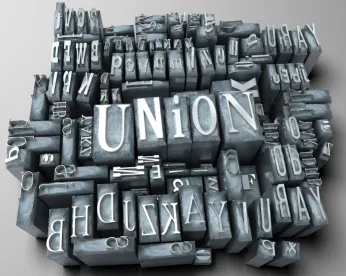The U.S. Supreme Court waited until the last day of its term to release the much-anticipated decision over mandatory public union fees in Janus v. AFSCME. In a 5-4 decision along party lines, the court ruled that public unions cannot force non-members to pay dues, giving every public sector employee in the United States right-to-work protections. The opinion’s author, Justice Samuel Alito, held that “employees must choose to support the union before anything is taken from them. Accordingly, neither an agency fee nor any other form of payment to a public-sector union may be deducted from an employee, nor may any other attempt be made to collect such a payment, unless the employee affirmatively consents to pay.”
As explained here previously, prior to Janus, public unions were able to charge non-members “agency” or “fair share” fees, which represented the percentage of union dues that were used on contract-related costs. These fees, allowed under the Supreme Court’s Abood v. Detroit Board of Education decision in 1977, were permissible because they covered the cost of services that each employee benefited from, such as collective bargaining and contract administration for handling grievance procedures. Public unions could not, however, charge for other expenses like political lobbying and donations.
Mark Janus was a state government employee in Illinois who objected to the payment of fair share fees to the American Federation of State, County and Municipal Employees union (AFSCME), one of the country’s largest unions. Janus’ fair share fees were 78 percent of the ordinary union dues collected by AFSCME. Janus’ winning argument was that it was a violation of the First Amendment to compel non-members to pay the fair share fees because a public union’s bargaining with the government cannot be separated from political lobbying, so inevitably the “fair share” fees are being used for political purposes – an issue Abood attempted to resolve. On the other hand, AFSCME argued that eliminating the fair share requirement would put a burden on public unions who would be posed with a free rider problem. The high court found this argument, and others, unavailing.
The writing had been on the wall for over a year now, as a similar case last year, Friedrichs v. California Teachers Ass’n, was deadlocked 4-4 after the death of Justice Antonin Scalia. After the appointment of Neil Gorsuch, public unions in the 22 states with “fair share” laws mounted aggressive campaigns attempting to sign up members and lock them into paying dues prior to Janus becoming law.
The decision is a blow to public sector unions, which remain an area of strength for the labor movement in today’s climate. In the most recent data released by the Bureau of Labor Statistics in January of this year, the public sector was 34.4 percent unionized, a stark comparison to the paltry 6.5 percent in the private sector. The effect of the decision is akin to that felt by private sector unions in right-to-work states, in that unions must still represent non-members who do not contribute financially to the union, a financial burden that will deplete public union coffers as unions are asked to operate with fewer resources.




 />i
/>i

